User based Add-on
These services characterized that they depend on the number of employees.
| Booking / administer the participants | This feature performs the booking logistics for the course delegates. The scheduling and booking of the participants take place exclusively on the Unify Academy system. The participant data must be provided to Unify. |
| Info Point | The info point offers a central location at the customer site (for example, canteen) where the End-Users can inform themselves about the next steps of the project. This meeting point will be installed for a certain period of time between the project team and users. Any hardware - stand costs (such as individualized roll-ups, desks, tables, etc.) are not included in the scope and ideally provided by the customer. |
| Helpline / Support Level I | The helpline offers a support level by phone for any questions about the use of the new platform during and after the rollout. Call outside the service hours (09:00 - 16:00 o'clock) will be processed on the following day (callback). This service is aimed to enhance customer satisfaction through fast reaction times and to reduce the number of handling tickets. |
| Virtual Support / Support Level II | In addition to the helpline, users seeking help are supported by using collaboration software. Mistakes can easily be detected live and resolved by the support staff. This on-demand learning provides a time - and cost-effective way to help participants case-specific. |
| Reducing the number of participants | In some customer scenarios, it is necessary to reduce the number of participants that the training will be intensified and the individual participant has a higher learning success. In particular, this feature for end-users is interesting that need additional background information. |
Additional price sensitive parameters
Number of different training sites
Every additional training site of the customer causes an increased effort in the planning and organization of the training. In particular, many small locations geographic and logistic conditions must be taken into account.
Complexity of the customer installation
The complexity of an installation can be determined during the offer phase only generically. Assumes the customer system will operate without customization, this parameter can be ignored. The Unify Academy distinguishes between the following four stages:
| Complexity | Description |
| Low | Unify application has a small additional integration into the customer's environment (e.g. LDAP integration) |
| Medium | Unify application receives a software adjustment (e.g. adaptation of the layout including a LDAP integration) |
| High | Unify application receives a large software adaptation (e.g. adjustment of customer layouts, and the graphical user interface that includes an LDAP integration) |
| Third-party Integration | At least one third-party product integrated into the Unify system (e.g. SAP integration into graphical user interface that includes an LDAP integration) |
Training of multipliers and special user training
Multipliers - or special users are persons who need additional/deeper knowledge (e.g. supervisors, team leader, boss/Secretary, Concierge). In the base package 10% of the entire target group is already included as special users or multipliers.
Sind the terms to the various target groups are not permanently occupied, Unify defines the following user:
- Multipliers
Multipliers are often used in a train-the-trainer scenario. The Unify Academy teaches the multipliers with the train-the-trainer concept, were a background knowledge is given. The multipliers train the End-Users on their own. The multipliers are nominated or generally determined by the customer.
- Special users
Special users are employees which using other or additional applications or devices. These can be for example managers, Secretaries (CheSe) and also ContactCenter agents and supervisors.
- Key users
Key users are also special employees because they are opinion-makers. They should be prepared more intensively on the change. These employees can make an important impact on the course of the project.
- Power users
Power users are end users who like to deal with the new technology. These employees use the system very intense, even partly outside the normal use. They are often consulted from other colleagues with problems that may occur.




 back
back
 Top
Top Print
Print